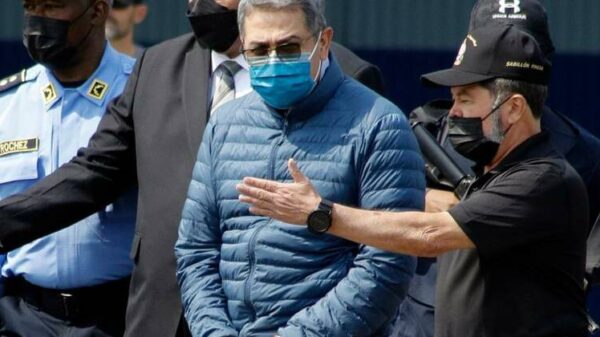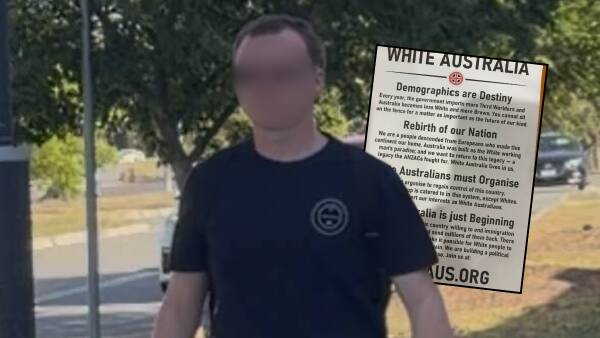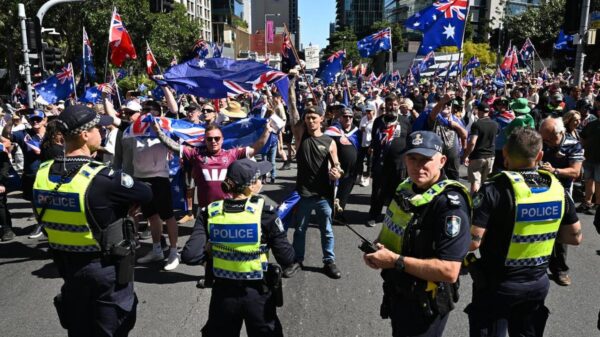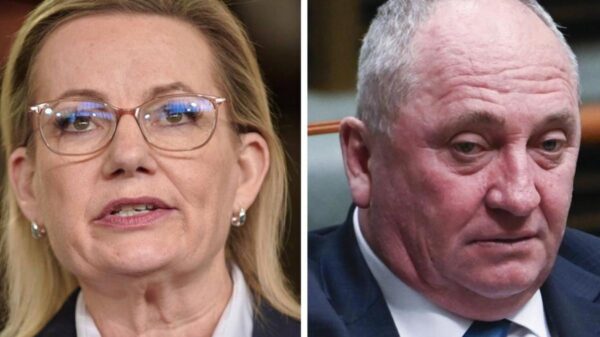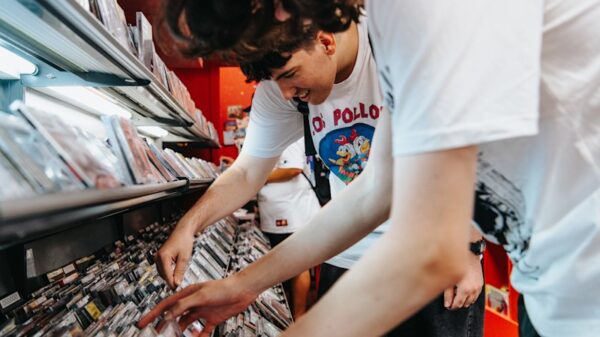UPDATE: Britain is grappling with a disturbing trend in online speech policing, leading to arrests for seemingly innocuous social media posts. Recent reports reveal that citizens can now be detained for causing “anxiety” online, raising urgent questions about freedom of expression in the UK.
In a shocking case, a mother received a 31-month prison sentence for a deleted tweet. Another woman, who is battling cancer, was visited by police at her home and pressured to apologize for a post that offended someone. A man was even detained in the middle of the night for tweeting a meme critical of Hamas. This alarming reality highlights a climate where humor is criminalized, and personal opinions can lead to police intervention.
Each year, nearly 12,000 Britons face arrest for “offensive online messages,” according to official statistics. Many of these individuals are never charged, yet the mere act of being investigated serves as a warning to the public to remain silent. Prominent figures such as Graham Linehan, creator of Father Ted, and Allison Pearson, a columnist for the Telegraph, have also encountered police scrutiny for their online comments.
In a recent tweet dated August 8, 2024, the official GOV.UK account declared: “Think before you post.” What was intended as a cautionary message has been interpreted by many as a veiled threat, akin to a police officer warning citizens against expressing themselves.
The situation has grown more concerning with the introduction of the Online Safety Act, which was marketed as a means to protect children online. Critics argue it has transformed into a vehicle for censorship, leading to the blocking of content ranging from SpongeBob SquarePants videos to Spotify playlists. Coverage of migrant protests and speeches by elected officials has also been restricted, creating a landscape where government-approved speech prevails.
Adding to this control is the proposed Brit Card, a mandatory digital ID designed under the guise of improving efficiency. This card threatens to touch nearly every aspect of daily life, including employment and healthcare. The government suggests that without it, citizens may be unable to work or even purchase alcohol, raising severe concerns about privacy and governmental overreach.
Just as troubling are new regulations at restaurants like Nando’s and Wetherspoons, where customers are now limited to one glass of full-fat Coca-Cola due to “High Fat, Salt and Sugar” rules. This absurdity exemplifies the growing nanny state mentality in Britain, where the government seeks to control not only speech but also lifestyle choices.
As the UK continues to distance itself from the democratic ideals it once championed, citizens are left to wonder how far this trajectory will go. The right to free expression is under siege, and the consequences are immediate and chilling. With police actions and government oversight tightening, the line between a free society and authoritarianism is becoming increasingly blurred.
The situation remains fluid, and observers are calling for urgent dialogue on the implications of these policies for individual freedoms. As Britain finds itself in this precarious position, many are left questioning: What’s next? Share your thoughts and concerns on social media, as this critical issue unfolds.







